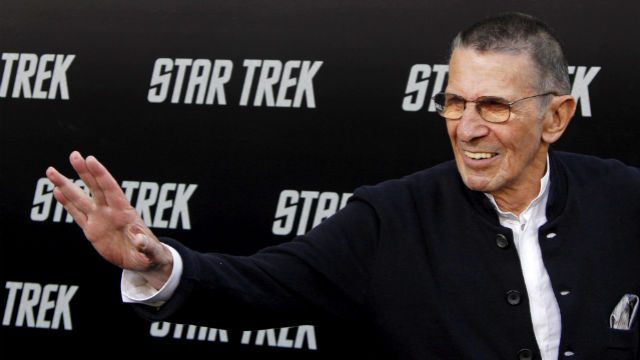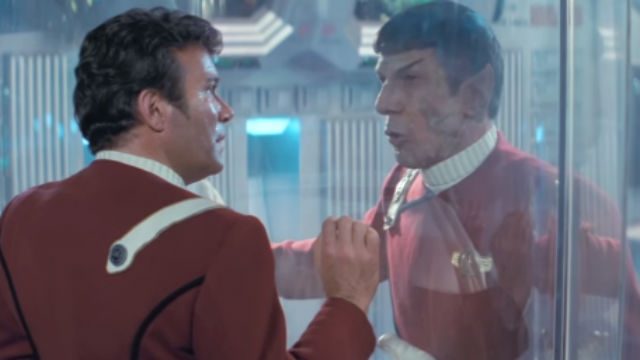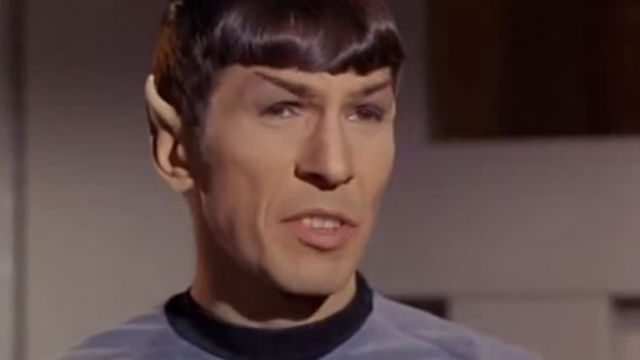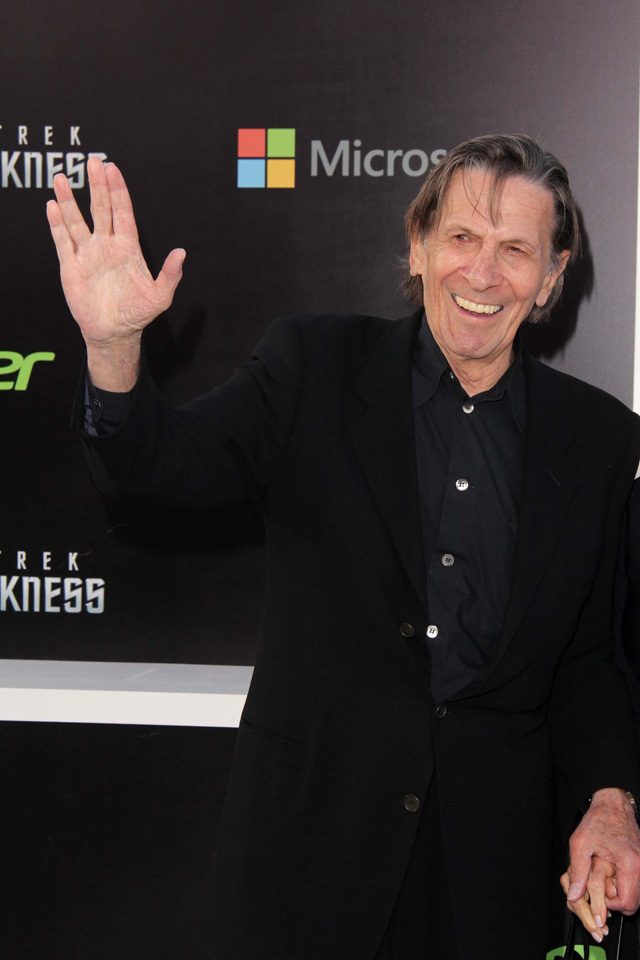SUMMARY
This is AI generated summarization, which may have errors. For context, always refer to the full article.

I wish I could tell you that I met Mr. Leonard Nimoy personally. For years I have been planning and saving up to pay for a Star Trek Convention pass just so I could see him along with the other cast members of the show.
This was the plan on how I would meet the man who played Spock in Star Trek: The Original Series: first, smile like a buffoon (this would more likely be my face’s coping mechanism while being starstruck). Second, raise my right hand and give him the Vulcan salute. Third and most important, say “Live long and prosper”.
Then this was what I imagine Mr. Nimoy would do after my greeting. He would raise his right hand and reply with the appropriate Vulcan response, “Peace and long life”.
Every other fan on the planet probably thought of the same plan.
Then Mr. Nimoy passed away last Saturday morning and I bawled. Quite a silly thing, really, because I didn’t even know the guy personally, but I felt like I lost someone very dear to me. (READ: ‘Star Trek’ stars, celebrities pay tribute to Leonard Nimoy, aka Mr Spock)
Star Trek brought so much to the world, seeming to have imagined back then what things would look like today. In today’s technology, for example, we are actually using gadgets that were just imagined in the scripts of the show. The flip phones of the early 2000s were already in use by Spock and Captain Kirk (played by William Shatner).

How about our tablets and iPads? The show called them PADDs. In the field of medicine, jet syringes are now being used, Star Trek called them hyposprays.
Star Trek is not only about space technology, warp travel and alien races, it’s about philosophical exploration. In the Star Trek world, there is no concern for the accumulation of wealth, there is just the curiosity of the human race to venture towards the stars in order to learn more about the universe and in the process, to learn more about our humanity.
The show was televised in the 1960s and the world during that time was caught in the midst of a Cold War between the Western and Eastern blocs of the globe. The United States was sending young men to Vietnam to fight against communist forces.
Star Trek provided hope that some day in the universe, Earth would enjoy world peace. Not many may know, but Star Trek was at the forefront of breaking cultural barriers as well. The US was still trying to un-learn segregation, Star Trek broke the mold with one of the first interracial kisses between an African-American woman and a Caucasian man on television.
On the bridge of the Enterprise, the command crew consisted of a non-Earthling Spock, an African-American female communications officer in Uhura, a Russian Ensign called Chekov, and an Asian helmsman named Sulu. The show insisted that the future shall exist without the prejudices of skin color and race.
Spock himself, as a character, was half-human and half-Vulcan. Vulcans are integral in Star Trek dogma, an alien race committed to reason and logic, whose control of emotions are a significant part of their philosophy. In the Vulcan physical anatomy, the loss of control over one’s emotions can be fatal.

She also had trouble fitting in with her other friends because she was not white. Mr. Nimoy replied to the young fan that Spock “decided he would live up to his own personal value and uniqueness.”
Mr. Nimoy shared that while growing up, Spock was bullied by his peers, Spock decided that being well-liked was not going to make him happy and that he must pursue his own development in order to gain happiness. This exchange on an out-of-print magazine, FaVE, is worth a reprint, if you ask me.

As for me, what made me like the character with the pointy ears? That guy whom my mom called weird when she would catch me watching reruns? I can still remember I was in high school, it was the 90s, thirty years from when Star Trek was first shown in the States, and that I was watching all the way down in southern Philippines.
While other girls would stay late in school and hang out with friends, I was rushing home to watch an old science fiction space show. Spock was a brilliant mind on the bridge and he fascinated me. His intelligence and impeccable logic made him the perfect balance to the swashbuckling Captain Kirk who relied more on his intuition. I loved the show immensely despite the cheesy 1960s imagining of the future.
Spock was responsible for inspiring many budding scientists and astronauts. In one interview with Mr. Nimoy, he shared that it was always quite a challenge for him when he would meet fans who were scientists because they would often tell him about their work in physics and astronomy.
Many tend to forget that Mr. Nimoy was an actor, although his intelligence and creativity was indeed brilliantly sizeable, he was not a man of science.
When these scientists would ask for his opinion, he would say, “Well, it certainly looks like you are heading in the right direction.” He would say that because he was a nice man, gentle and kind, and even if he failed to understand what you were talking about, he wouldn’t want to offend your enthusiasm. Even on Twitter, he would call his followers his honorary grandchildren.
I was not inspired to pursue the stars quite so literally. I almost failed my physics class in college and took algebra twice! Although, if there ever was one thing that Spock had taught me and inspired me to keep in mind always, it would be the notion that curiosity is a beautiful virtue and that it has so far helped me consistently with my own ongoing journey on this planet.
Come to think of it, had I the chance to tell the late Mr. Nimoy that, I’m pretty sure the guy would smile and let me know that I am heading in the right direction. May he rest in peace. – Rappler.com
 Tess Garcia-Mauricio is a graduate of politics and economics and is pursuing a graduate degree in Creative Writing. She was once a Carlos Palanca Memorial Awardee for Literature and still actively writes about food, books, and politics. She is a fan of Star Trek, Star Wars, Battlestar Galactica, Doctor Who, and many other sci-fi shows. She is most definitely human, especially when there is coffee.
Tess Garcia-Mauricio is a graduate of politics and economics and is pursuing a graduate degree in Creative Writing. She was once a Carlos Palanca Memorial Awardee for Literature and still actively writes about food, books, and politics. She is a fan of Star Trek, Star Wars, Battlestar Galactica, Doctor Who, and many other sci-fi shows. She is most definitely human, especially when there is coffee.
Leonard Nimoy photo via s_bukley / Shutterstock.com
Add a comment
How does this make you feel?
There are no comments yet. Add your comment to start the conversation.